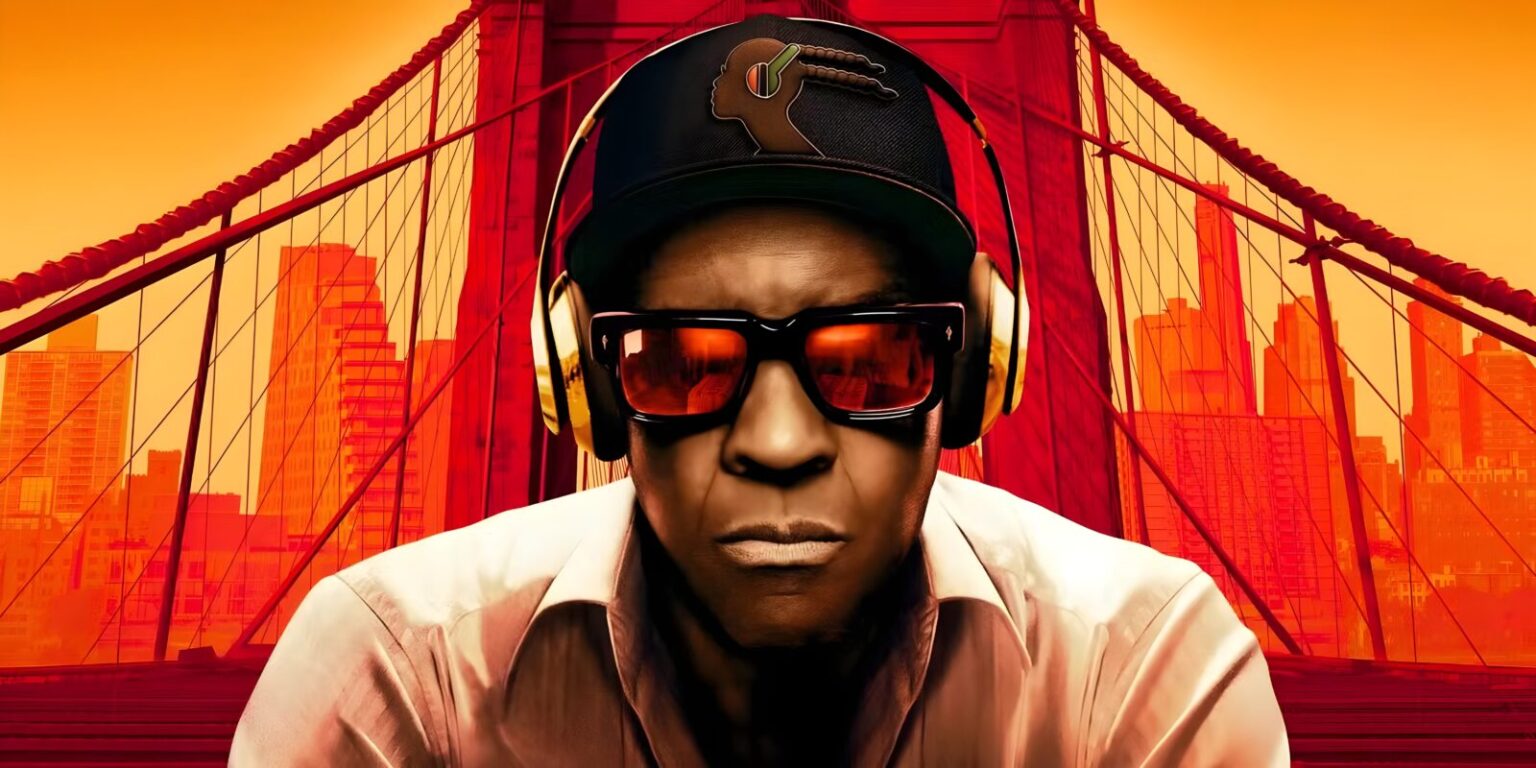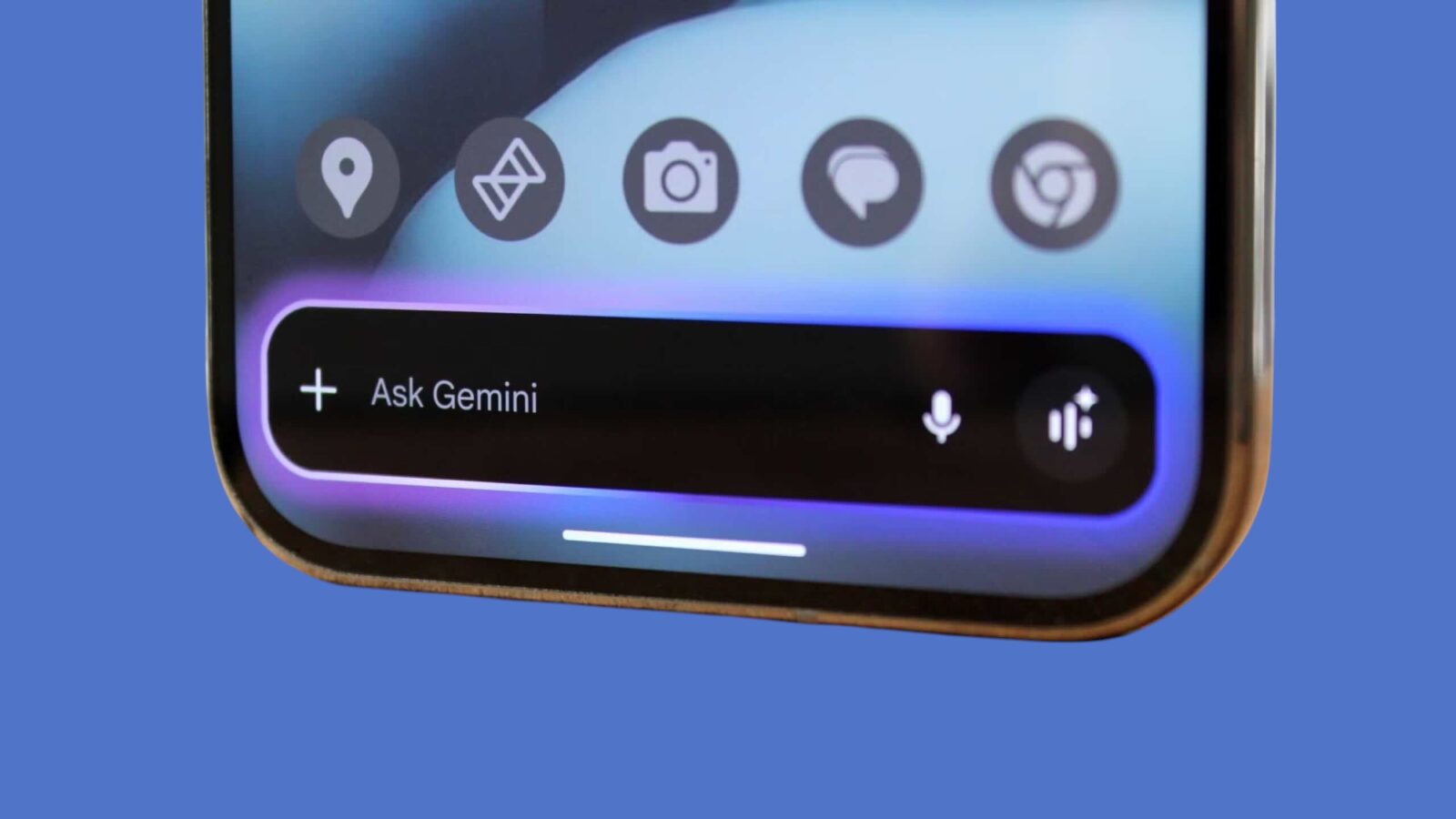TL;DR: Spike Lee remixes Kurosawa with Broadway, hip-hop, and Knicks fandom, while Denzel Washington delivers one of his most layered performances in years. Highest 2 Lowest is a dazzling, imperfect, joy-soaked crime drama that proves cinema still knows how to surprise.
Highest 2 Lowest
Spike Lee has never been a filmmaker who colors inside the lines. He’s the type of artist who grabs the canvas, flips it sideways, and starts painting with his elbows while quoting James Baldwin and humming a Knicks fight song. His movies have always been conversations as much as they are stories—about race, power, history, America, and, always, about New York City.
So when I watched Highest 2 Lowest, his loose reimagining of Akira Kurosawa’s High and Low, I braced myself for a Spike joint that wouldn’t just adapt a classic but remix it. And sure enough, from the first moments—a sweeping rendition of “Oh, What A Beautiful Mornin’” soaring over a technicolor Manhattan skyline—it was clear: Spike wasn’t just making a thriller. He was composing a symphony.
This isn’t just a crime drama about a kidnapped son and a ransom gone wrong. It’s a film about money, power, and the terrifying fragility of legacy. It’s a love letter to New York, to Denzel Washington’s career, and to the messy improvisational beauty of jazz. And—because it’s Spike—it’s also a Knicks movie, whether you like it or not.
The Setup: A King in His Castle
We meet David King (Denzel Washington, radiating that unshakable gravitas that could make a subway announcement sound Shakespearean) in his Brooklyn penthouse. He’s a music mogul in the middle of the biggest deal of his career, flanked by his wife Pam (Ilfenesh Hadera) and his earnest, slightly too-trusting son Trey (Aubrey Joseph). The whole thing feels like a modern fairy tale of success—until the bottom drops out.
Trey is kidnapped. A ransom demand arrives. Detectives swarm the penthouse. The billion-dollar deal teeters on the edge of collapse. And for the first 30 minutes, the movie is pure stomach-tightening suspense. Washington’s usual calm authority starts to crack; his jaw clenches, his eyes harden, and for the first time in forever, he looks like a man who can’t out-think or out-muscle his way out of the problem.
If Spike had stayed in this mode—gritty noir, sweat dripping off the frame—it would have been a perfectly solid crime drama. But of course, he doesn’t. Because Spike Lee doesn’t make crime dramas. He makes Spike Lee movies.
Spike’s Kaleidoscope
Instead of locking into one mood, Highest 2 Lowest plays like a mixtape. It’s noir one minute, revenge drama the next, then suddenly it explodes into something that feels like a musical. I mean that literally: there are huge outdoor dance numbers, confrontations staged like rap battles, and Howard Drossin’s lush, borderline overwhelming score that sounds like it wandered in from a 1950s Western epic.
At first, it’s disorienting. Why is this tense thriller suddenly bursting into Broadway-scale spectacle? But then you realize: that’s the point. Spike isn’t just telling a story; he’s orchestrating a city. New York isn’t just the backdrop here—it’s the chorus, the beat, the connective tissue between genres.
And it works, because Denzel grounds it. While everything swirls around him—dancers, beats, big philosophical digressions—he stays rooted, heavy, unflappable. Watching him, you get the sense that the movie itself is riffing around his performance, the way a jazz band bends and loops around its lead horn.
Legacy and the Weight of Money
Underneath the spectacle, the movie is gnawing at big, chewy questions. What does it mean to leave a legacy? What’s the difference between “good money” and “bad money”? Between reputation and self-respect? Between art and commerce?
These aren’t abstract ideas for King—they’re personal. Every choice he makes in the film echoes those questions, and the ransom demand throws all of it into chaos. Is the deal worth risking his son’s life? Can he protect both his family and his empire? Or is he destined to lose one to save the other?
Spike, of course, can’t resist layering in commentary about how social media warps this calculus—how reputation and clout can be weaponized as much as guns. But what struck me most was how personal it all felt, not just for the character but for Spike himself. You can feel him wrestling with the same artistic contradictions: how do you make something true when the system demands spectacle? How do you build a career in an industry that measures everything in numbers, not in impact?
Denzel: The Anchor and the Jazz
Let’s not mince words: Denzel Washington is the reason this movie works. He gives David King the weight of history, the intensity of a general, and the improvisational cool of a jazz musician. Every flicker of his face feels like it contains three different emotions at once.
This isn’t the larger-than-life Denzel of Training Day. It’s not the stoic mentor of Fences. This is a Denzel who’s been through wars—personal, cultural, financial—and knows he can’t just punch his way out. He plays King like a man in constant negotiation with himself, juggling rage, fear, pride, and love in the same breath.
When the movie swings toward Broadway spectacle, he never looks out of place. When it dives back into tight, claustrophobic noir, he’s magnetic. He is, in short, the bassline the whole movie grooves around.
The Knicks, Kurosawa, and Spike Being Spike
No Spike Lee joint would be complete without basketball, and Highest 2 Lowest practically bleeds Knicks orange and blue. King’s penthouse is decked out in team colors, and there are more than a few sly digs at the eternal heartbreak of Knicks fandom. As a lifelong Knicks sufferer myself, I couldn’t help but laugh—Spike can’t resist making sure his art and his fandom collide.
And then there’s Kurosawa. High and Low is one of the greatest noirs ever made, and while Spike borrows the skeleton of its plot, he’s not trying to out-Kurosawa Kurosawa. Instead, he’s riffing on it, bending it through his lens—through jazz, through New York, through the Black American experience. It’s less a remake than a cover song.
That, to me, is where the movie sings. It’s Spike in conversation with his influences, his heroes, his city, and his collaborators. It feels like a jam session between Kurosawa, Broadway, hip-hop, and the NBA.
Imperfections, Joy, and the Final Note
Is it perfect? No. It runs a little long, and some of the tonal whiplash might leave traditionalists grumbling. But honestly, who cares? The overwhelming impression is one of joy—of a filmmaker in love with cinema, with collaboration, with possibility.
Highest 2 Lowest isn’t just a thriller; it’s a jazz riff on what cinema can be when it’s unafraid to swing wildly between genres, tones, and moods. Spike Lee directs like a man having the time of his life, and Denzel Washington anchors it with a performance that’s both thunderous and tender. It’s messy, it’s too long, it’s occasionally indulgent—and it’s glorious.







